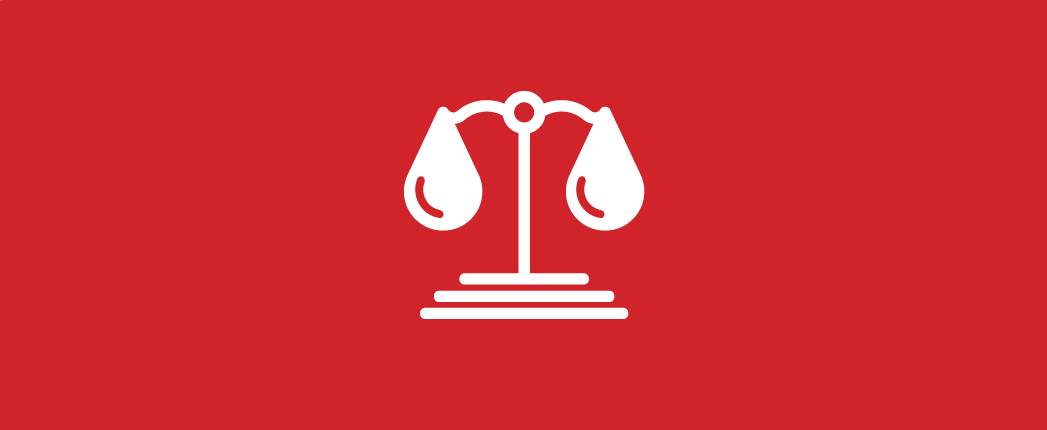
India’s central government will probably break apart Balmer Lawrie & Co. and divest its units – including its greases and lubricants business – in separate sales, according to a report published this week.
Business news site Mint reported Wednesday that SBI Capital Markets Ltd., the government’s advisor for the divestment, decided to recommend separate sales because Balmer Lawrie’s businesses are so different. The article attributed the information to two anonymous sources.
Balmer Lawrie, India’s largest grease manufacturer and supplier, is a medium-sized public sector undertaking, meaning that it is a stock-listed company but that the government owns a majority of shares. Prime Minister Narendra Modi’s administration announced in October of 2019 that it would sell the Kolkata-based company and 10 others as part of a broader plan to privatize businesses and raise money.
Besides its lubricants business, Balmer Lawrie has units that manufacture industrial packaging, chemicals used by leather processors and materials used at refineries and oil fields. It also has units offering tourism services, logistics, logistics infrastructure and logistics services.
Balmer Lawrie is a storied name in India business, dating to 1867 when it was founded by two Scotsmen, Stephen George Balmer and Alexander Lawrie. Throughout its history it has engaged in a wide variety of businesses, ranging from insurance to tea and banking.
It is now part of India’s Ministry of Petroleum and Natural Gas, which considers it to be underperforming and believes it would do better in other hands. For the 2019-2020 fiscal year, which ended March 31 of last year, the company posted an overall profit before tax of Rs 232 crore (U.S. $31.7 million), which was 17% lower than the year before.
The greases and lubricants business had a consolidated operating profit of Rs 34.3 crore on revenue of Rs 372 crore for 2019-2020, compared with a profit of Rs 38.5 crore on revenue of Rs 376 crore the year before.